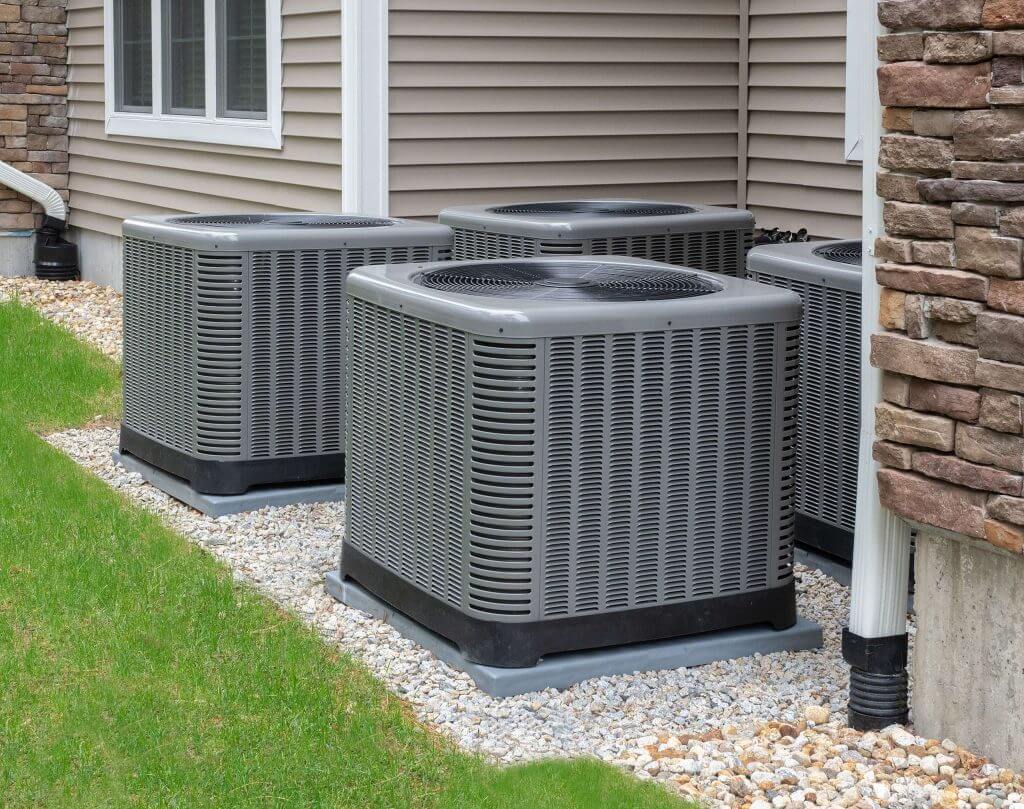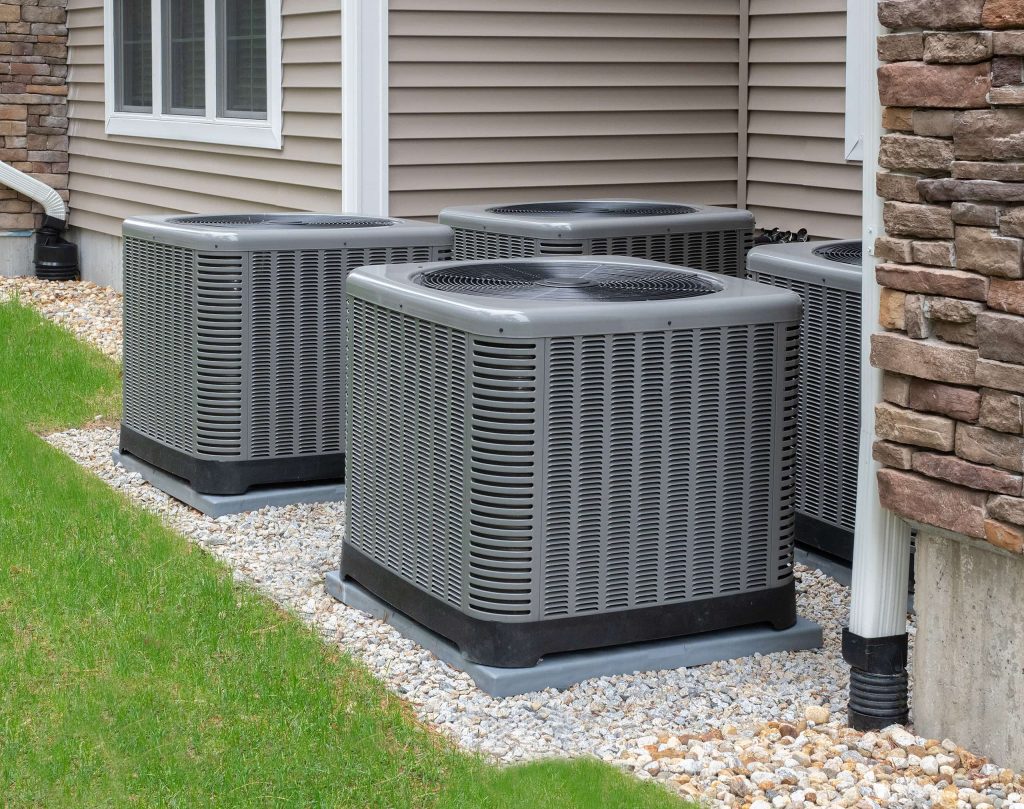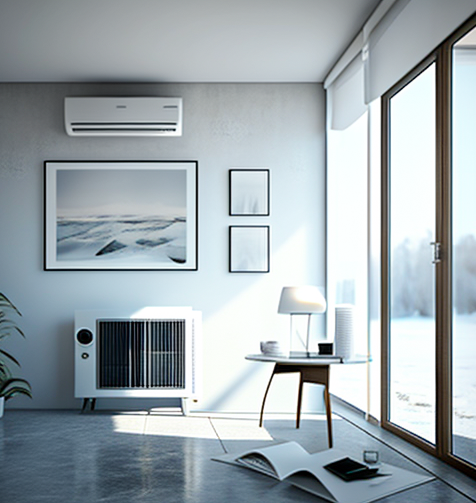The Best Time To Replace Your Hvac System: Factors To Consider
Homeowners often wonder when the best time is to replace their heating, ventilation and air conditioning (HVAC) systems. Replacing an HVAC system can be a costly endeavor, so it is important for homeowners to weigh all of the factors involved before making this decision.
This article will explore the various considerations that should be taken into account in order to determine when replacing an HVAC system is necessary. It will also discuss how these decisions may impact short-term and long-term financial goals.
With the right information, homeowners can make informed decisions about whether or not they need to upgrade their existing systems.
Assessing The Age Of Your Current System
When assessing the age of your current HVAC system, it is important to examine filters and inspect ducts for any signs of wear. This can be done by looking at the air filter, which should have minimal dust accumulation if well maintained.
It is also a good idea to consult with an experienced HVAC technician who will be able to assess the condition of your heating and cooling systems more accurately. They may recommend replacing certain components such as fans, motors, or coils depending on their findings.
To ensure that your system works effectively and efficiently for years to come, periodic maintenance by a professional is highly recommended.
Analyzing Energy Efficiency Ratings
When considering the best time to replace your HVAC system, it is important to analyze energy efficiency ratings. By doing so, one can make sure their climate control needs are met while also promoting sustainable practices and conserving energy.
Today’s market provides a variety of options for those seeking an efficient system that will help reduce power consumption costs over the long term. It is essential to carefully evaluate each option in order to select the most suitable choice taking into account both budget and performance requirements.
For instance, many systems now feature innovative technologies such as enhanced insulation or two-stage compressors which increase overall efficiency and provide better climate control than traditional models. Additionally, homeowners should consider rebates available from local utilities in order to further reduce cost of ownership.
Thus, by weighing all these factors before making a purchase decision, consumers can ensure they maximize comfort levels while minimizing energy usage and cost implications associated with owning a new HVAC system.
Checking For Signs Of Wear And Tear
It is essential to understand the signs of wear and tear on an HVAC system before embarking on replacing it. It is best to have a professional maintenance technician perform preventive maintenance checks, as they will be able to detect air leaks or any other issues that may be causing the system to underperform.
Starting with visual inspection, look for corrosion, rust, loose wiring, and refrigerant leaks from the outdoor unit if your system has one. In addition to these physical indicators of potential problems in the system, changes in energy bills can also point towards a problem with your HVAC system; high bills could indicate poor performance due to dirty filters or leaking ducts.
If you notice unusual noises coming from the equipment itself or feel drafts in rooms where there should not be any airflow coming through then this could mean that something is wrong within the HVAC system. Lastly, pay special attention to how often you are having repairs done which can all add up to needing replacement instead of repair.
Evaluating Your Current System’s Performance
Before deciding when to replace your HVAC system, it is important to assess the current performance of the unit. To do so, you should begin by evaluating how long the unit has been in service.
The average lifespan of most HVAC systems is 10-15 years; if yours has exceeded that age range, replacing it may be necessary even if other factors are not present. Additionally, look for any signs of deterioration or damage – such as rusting components or a decrease in efficiency – which can indicate a need for replacement.
Moreover, compare quotes from different contractors to determine what kind of installation and cost savings might be available with an upgrade. Ultimately, understanding your situation will help ensure you make informed decisions about when to replace your HVAC system.
Comparing Cost Of Repair Vs. Cost Of Replacement
When considering the cost of repairing an existing HVAC system, it is important to weigh both short-term and long-term effects.
In the short term, replacing parts or components may be much less expensive than replacing a whole unit; however, in the long run this can become more costly due to additional repair bills that accumulate over time.
Furthermore, if not replaced properly, older systems can potentially have fewer energy efficient features resulting in higher utility costs for the homeowner.
Replacing an old HVAC system with a newer model has its advantages as well.
Newer units tend to come equipped with advanced technology that reduces energy consumption and provides comfort control options such as zoning capabilities and humidity control.
These advancements can lead to reduced electricity bills while also reducing environmental impact by consuming less power resources.
Additionally, some models offer tax credits or rebates which are beneficial when attempting to reduce upfront installation costs.

Understanding Your Utility Company’s Rebates And Incentives
When evaluating costs, it is important to research options available to you when replacing your HVAC system. By researching the market and understanding what incentives are offered by your utility company, you can make an informed decision when deciding on a new system.
It is also important to understand that many utility companies offer rebates or other discounts for installing energy-efficient systems. These savings may be substantial enough to offset any additional cost associated with purchasing a more efficient unit. Additionally, consulting with a qualified contractor before making a purchase will help ensure that you select the most suitable model for your home’s size and climate needs.
Considering all of these factors can significantly reduce the overall cost of replacing your HVAC system and ensure that you get the best value out of your investment.
Considering Your Long-Term Financial Goals
When making the decision to replace your HVAC system, it is important to consider not only immediate costs but also long-term financial goals.
Reviewing financing options and considering tax benefits can help you make an informed decision for a successful future.
Financing options may be available through many banks or other loan programs that provide reasonable interest rates and payment plans.
Researching these types of incentives before replacing your HVAC system ensures that you are making a sound investment with maximum returns over time.
By carefully weighing all relevant factors, such as initial cost versus potential lifetime savings from greater energy efficiency, you can confidently determine when the best time is to replace your HVAC system and ensure that it fits within your long-term financial objectives.








